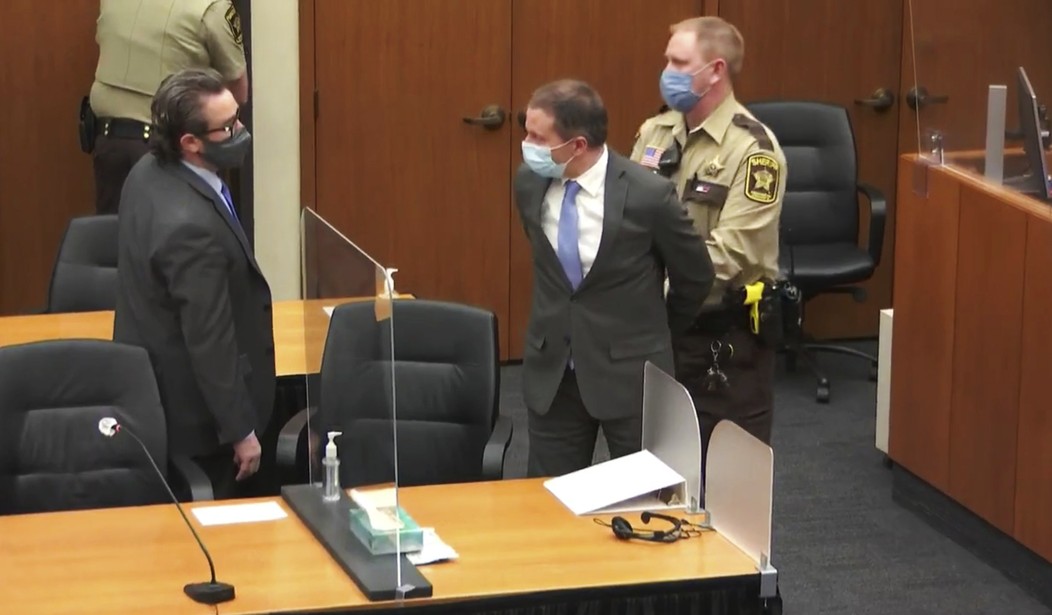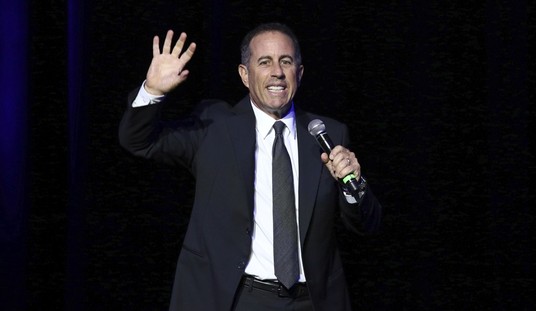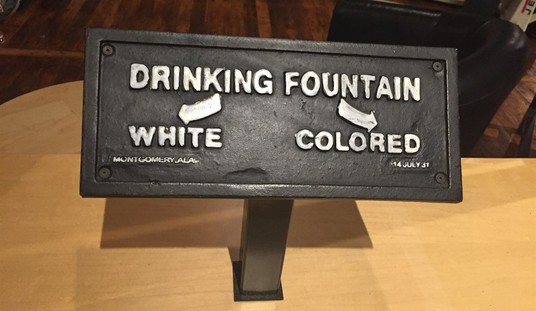The verdict is in.
Former police officer Derek Chauvin has been convicted of two murder charges and a manslaughter charge after a grueling weeks-long trial that captivated the nation. Ever since the footage showing Chauvin kneeling on George Floyd’s neck for nine minutes hit the airwaves and went viral on social media, a fierce debate raged for almost a year.
Now, unless he manages to overturn some of the convictions in an appeal, the former officer is facing a significant amount of prison time. While many are satisfied with the outcome, many on the right are disappointed, seemingly believing that Chauvin deserved no punishment for his actions.
It did not take long for them to make their feelings known. Some argued that Chauvin did not receive a fair trial. Others resorted to taking jabs at Floyd rather than the former government official.
Right-leaning commentator Lauren Chen published a video, complaining in the caption that leftists “don’t’ care about truth or justice, only their narrative.”
Media personality Candace Owens took the opportunity to distract from Chauvin’s actions by slamming Floyd. “George Floyd died. He was a drug addict. Period …This man is not emblematic of justice.”
Rep. Marjorie Taylor Greene (R-GA) complained about the verdict, claiming that the jury was “intimidated” by Rep. Maxine Waters (D-CA) and the “BLM army.”
On Tuesday evening, Fox News commentator Tucker Carlson also promoted the notion that the jury was not swayed by the prosecution’s arguments but by Black Lives Matter’s threats. “After nearly a year of burning, looting, and murder by BLM, that was never in doubt. Last night, 2,000 miles from Minneapolis, police in Los Angeles preemptively blocked roads. Why? They knew what would happen if Derek Chauvin got off,” he insisted.
But is this true?
Can we say for certain that the jury made its decision because it was cowed into submission by Mad Max and Black Lives Matter?
To believe this, we would have to buy into the notion that the jury did not believe the prosecution’s case was persuasive and chose to convict anyway. However, anyone watching the case, whether they agree with the outcome or not, could see that the prosecution’s witnesses put up a compelling argument explaining how George Floyd was killed.
Pulmonologist Martin Tobin’s testimony was likely one of the most pivotal factors in the case. Despite the fact that the Hennepin County Medical Examiner ruled that Floyd’s death was a homicide and not an overdose as some have claimed, many believed that Chauvin kneeling on his neck for nine minutes was not the cause of death.
Tobin testified that Chauvin’s knee was part of a “series of forces” that contributed to Floyd’s demise. He pointed out that a photo showed that the former officer had half of his body weight on Floyd’s neck. At one point, one could see that Chauvin’s right foot was slightly off the ground, indicated that more weight was placed in that area. Tobin noted that “everything is directed down on his knee.”
The pulmonologist also dispelled the claims that if Floyd could say “I can’t breathe,” it meant that he could still breathe because he was talking. He said that these arguments are “misleading” and put forth an “enormous false sense of security.”
“Certainly, at the moment that you are speaking, you are breathing. But it doesn’t tell you that you’re going to be breathing five seconds later,” he pointed out.
Forensic toxicologist Daniel Isenschmid dealt with the drug issue. He acknowledged that fentanyl and methamphetamine were found in Floyd’s blood. Suboxone, a prescription medication used to treat opioid addiction, was also present, indicating that he was trying to beat his addiction.
Isenschmid noted that the level of methamphetamine was “very, very low.” He explained how the ratio of fentanyl to norfentanyl was a significant factor in determining whether Floyd’s death was an overdose.
“So, when the body gradually eliminates fentanyl, it breaks it down from fentanyl to norfentanyl,” Isenschmid said. “That’s a gradual process that occurs over time. And it’s one of the ways the body eliminates fentanyl.”
“And you indicated that the amount of norfentanyl found in the hospital blood in this case was 5.6 nanograms per milliliter … what is significant about that amount of norfentanyl?” one of the prosecutors asked.
Isenschmid responded, explaining that it shows “that some of the fentanyl was metabolized to norfentanyl.”
The toxicologist pointed out that in overdose deaths, “we frequently see fentanyl with no norfentanyl whatsoever, because after a very acute fentanyl intoxication, the body doesn’t have time to break it down.”
Their findings are not surprising given the fact the medical examiner did not rule Floyd’s death an overdose. Many on the right pointed out that he noted that Floyd had a high level of fentanyl in his system and that if he had been found dead with no other factors involved in the death, he might rule it an overdose. However, what these folks consistently left out was the fact that the medical examiner also wrote: “I am not saying this is what killed him.”
It is difficult to believe that both Tobin and Isenschmid did not deal significant damage to the defense’s argument that Chauvin’s knee had nothing to do with Floyd’s death.
Of course, this is not to say that the defense did not perform well. Attorney Eric Nelson did the best he could with what he had. It was never going to be easy to convince anyone that kneeling on someone’s neck for nine minutes would have nothing to do with their death.
Whether or not one likes the outcome, it is not likely that a jury was influenced solely by the activist media, Mad Max, or Black Lives Matter to convict Derek Chauvin. Moreover, none of the people making this claim have provided any evidence to that effect.
The bottom line is that the evidence was in the prosecution’s favor and no level of spin can justify Chauvin’s actions or prove that they did not contribute significantly to Floyd’s death. According to Minnesota law, Chauvin’s knee did not need to be the sole factor in the killing to warrant a conviction. Therefore, the jury’s decision is reasonable.
Chauvin was guilty of the crime of which he was accused.
Of course, this does not mean he will get the maximum sentence. Moreover, it does not mean that he couldn’t have one or more of his convictions overturned on appeal. However, regardless of the appeal, it does not appear likely that Chauvin will escape jail time – and he shouldn’t.
The bottom line is that a government official egregiously murdered an American citizen in broad daylight. As a conservative, I do not take abuses carried out by the government lightly. None of us should. Limited government is a foundational principle of conservatism precisely because it lessens the ability of the state to become tyrannical. It is for this reason that when an officer of the government abuses the authority with which they have been entrusted, I will side with the citizen, not the state.












Join the conversation as a VIP Member